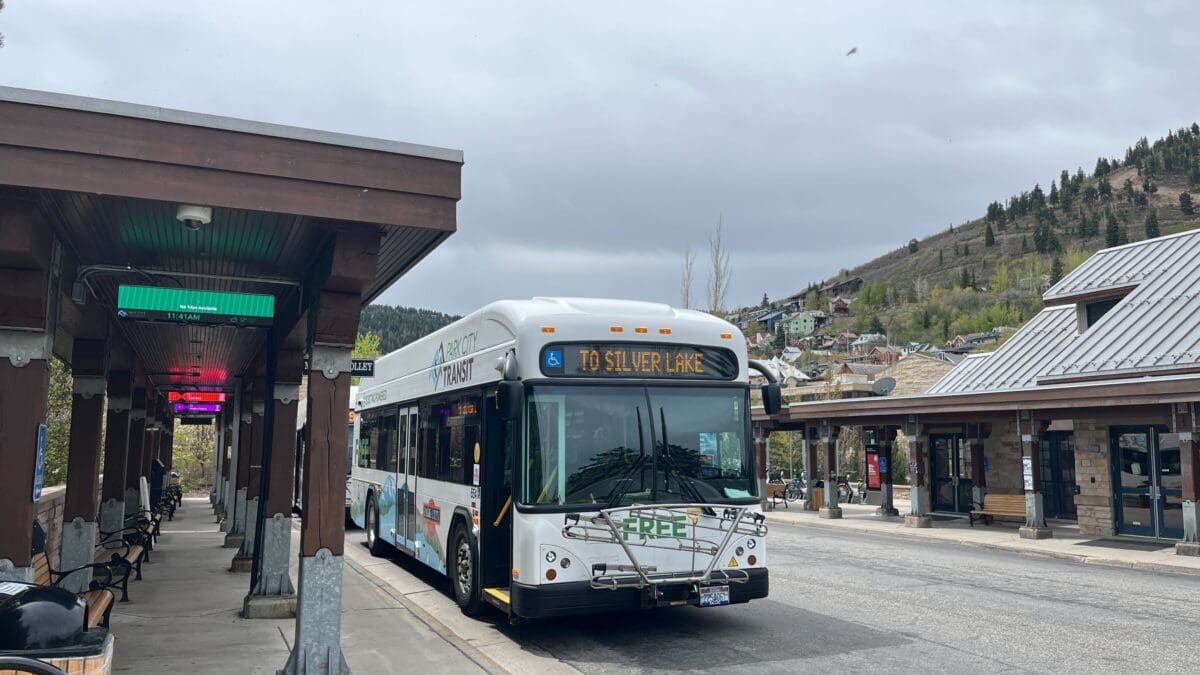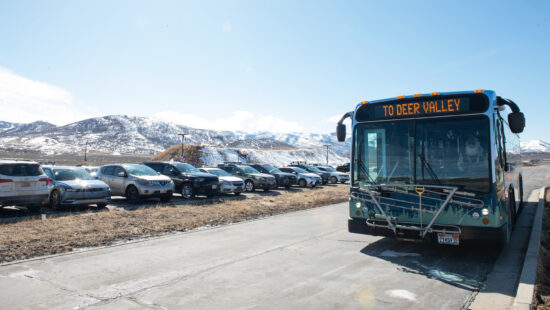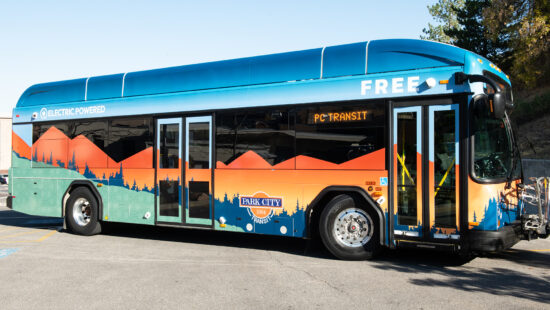Community
High Valley Transit unveils updated budget, plans for new bus routes

Photo: TownLift // Laura Modena
PARK CITY, Utah — High Valley Transit’s Board of Trustees reviewed an amended 2024 budget and proposed budget for 2025 at their Nov. 4 meeting. Executive Director Caroline Rodriguez and Board Director Kim Carson also presented new and updated bus routes under consideration.
2024 amended budget and proposed 2025 budget
The amended 2024 budget shows total revenues of $65.5 million, up from the original $50.9 million. For 2025, revenues are projected at $65.2 million. These budgets account for operating and non-operating revenue, grants, other income covering operating and capital expenditures, and debt service. In 2025, debt service costs are expected to more than double, while capital expenditures are set to decrease by $7 million to $35.6 million. Operating expenses are expected to rise to $27.3 million.
New route proposed for local skiers
The proposed Route 109, dubbed the Snowball Express, aims to provide a convenient option for local skiers. It will run every 15 minutes from the Ecker Hill Park & Ride—and possibly Jeremy Ranch Park & Ride—directly to Canyons and Park City Mountain Resort, bypassing the Kimball Junction Transit Center. While Park City Mountain Resort will not directly fund this service, it does contribute through taxes.
Increased service for Route 107 to Salt Lake City
Carson noted that Route 107, which connects Park City to Salt Lake City, sees steady ridership. However, the Utah Transit Authority (UTA) has limited additional stops in Salt Lake. UTA still charges fares; adding stops could incentivize riders to avoid these fees. Currently, stops in Salt Lake are drop-off only for inbound trips and pick-up only for return trips to Park City.
Additional changes under consideration
High Valley Transit is considering adding a stop on the connector bus from Silver Creek Village to Jeremy Ranch at Woodward to address increased requests for microtransit to the facility.
Changes to Route 106, which would serve Heber Valley, are on hold pending decisions by Heber Valley officials. Once they decide, “it will likely take at least a month to hire and train staff,” Rodriguez said, adding that most rides in Heber Valley serve medical and shopping needs. Currently, Heber Valley has three vehicles available compared to 15 in the Snyderville Basin.
Return to diesel buses and future sustainability plans
High Valley Transit has reintroduced diesel buses, which Rodriguez noted are significantly more efficient than before, with one diesel bus providing the equivalent service of three electric buses. The cost of buses has risen, with used vehicles now priced around $100,000, up from previous costs of $5,000 to $10,000. High Valley Transit plans to transition fully to electric by 2034. The new depot, slated to open in February, will allow the agency to store older diesel buses for parts, a practice that saves around $90,000.


















